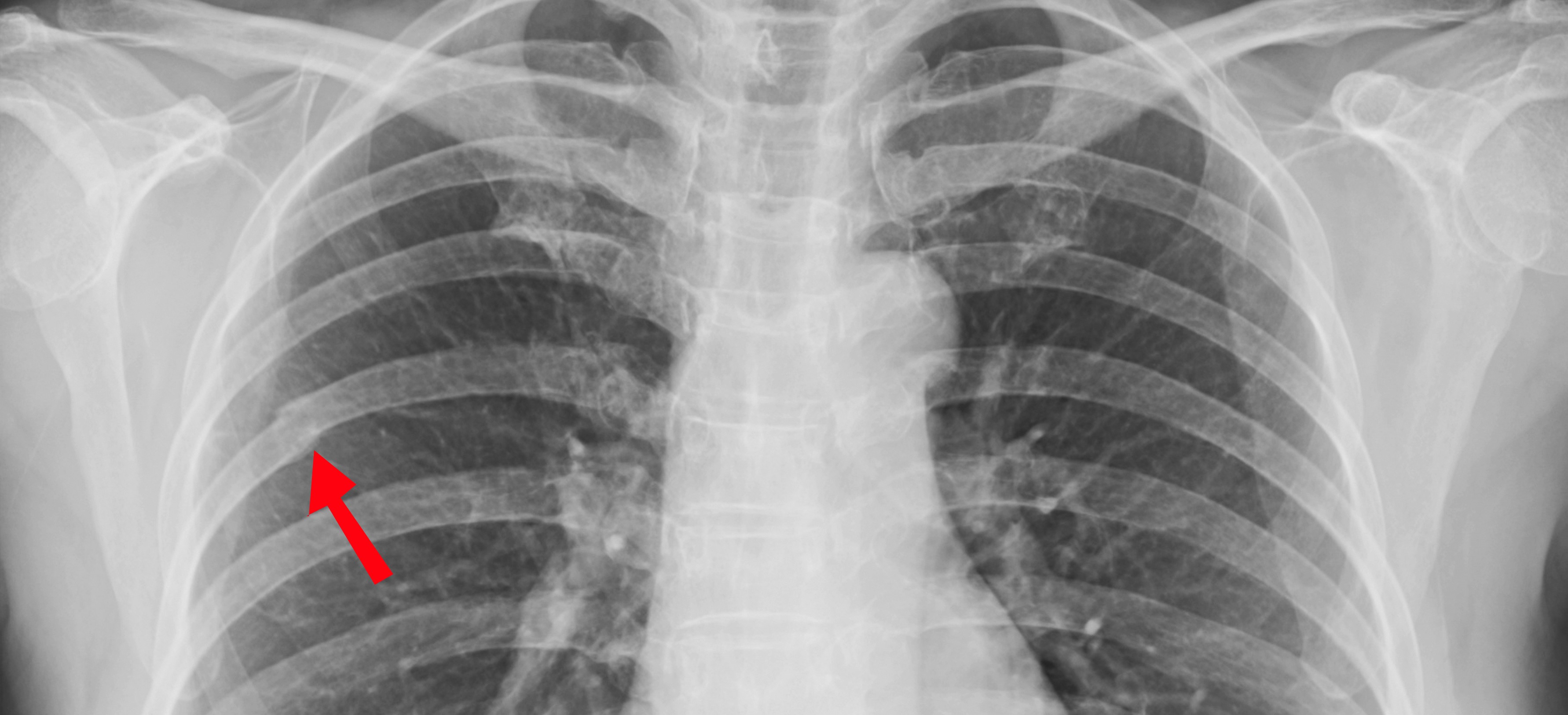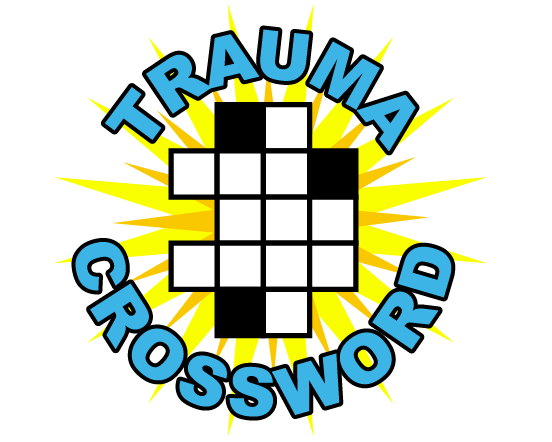|
|

|
*|MC_PREVIEW_TEXT|*
07/01/2025
|
|
IT’S TRAUMA TUESDAY is
a Free Weekly Newsletter
Brought to you by
TCAR Education Programs
|
|
For nurses and other clinicians practicing anywhere
along the trauma care spectrum
|
|
|
|
|
|
Take a quick test of your trauma care knowledge
|

|

|

|
|
|

|
|
Article of the Week
Polytrauma in Children, With a European Twist
|
|
Kids account for only about 4% of polytrauma (a.k.a. multitrauma) patients. Yet, because of anatomical and physiological variations, the diagnostic evaluation and management of children present special challenges. This German review article (don't worry, it's written in English!) also provides a fascinating look at subtle ways in which trauma patients are managed differently in non-US trauma systems.
|
|
|
|
Ciorba MC, Maegele M. Polytrauma in Children—Epidemiology, Acute Diagnostic Evaluation, and Treatment. Dtsch Arztebl Int. 2024;121(9):291-297.
|
|
|

|
|
Trauma Happenings
Spotlight on Innovation: Cryoneurolysis for Rib Fracture Pain
|
|
Cryoneurolysis, also known as cryoanalgesia, is an emerging technique that offers prolonged pain relief for patients with rib fractures. This procedure works by temporarily interrupting nerve conduction along peripheral pathways using a targeted freezing process. A small probe is applied to the affected intercostal nerve, delivering cold temperatures that effectively block pain signals while allowing for full nerve regeneration over time. Pain relief can last UP TO 3 MONTHS, making cryoneurolysis a promising adjunct for rib fracture management. Watch this Medscape video to explore this cutting-edge approach and its potential role in trauma care.
|
|
|
|
|
![]()
|

|
|
What's the "Audit Option"?
|
|
Hospitals that pay employees to take a TCAR or PCAR course usually expect learners to achieve verification status, which requires passing a comprehensive post-course exam. However, hospitals occasionally enroll non-nurses, such as respiratory therapists, physical therapists, paramedics, OR technicians, and even social workers, in a TCAR or PCAR course. For these learners, an employer may not require competency validation, only proof of course attendance. In such cases, TCAR/PCAR program administrators have the option to select "Audit" instead of "Verification" when enrolling someone in a course. Auditors will earn 18 continuing education hours for their attendance, but are NOT considered "Verified."
|
|
|
|
|
|
You can reveal a letter or the entire word if you get stuck
|

|

|

|
|
|
![]()
|

|
|
Can An E-Tattoo Track Mental Strain?
|
|
An investigational, wireless, electronic forehead tattoo offers a low-cost, real-time, noninvasive method for measuring mental strain and cognitive fatigue—important considerations in safety-critical professions such as trauma nursing, air traffic control, and long-haul trucking. Developed by engineers at the University of Texas at Austin, the electronic tattoo employs flexible sensors to decode brainwaves much like an EEG cap, but with enhanced comfort and signal clarity. It tracks cognitive overload or fatigue patterns and then uses AI to predict mental strain levels. Although the device is still in development, it’s safe to say it won’t be winning any style awards just yet. Take a look at the link below.
|
|
|
|
|

|
|
|
|
|
|
Follow Us
Want to join the trauma care conversation?
Follow Us on Facebook, Instagram, and X.
|

|
|
|
|
|

|
|
TCAR Education Programs
tcarprograms.org
info@tcarprograms.org
Office: (503) 608-4900
International Toll-Free: +1 800-800-2015
|
|
|
|
Copyright © 2025 TCAR Education Programs. All rights reserved.
You are receiving this email because you opted in by purchasing or registering for a course or subscribing to our newsletter on our website.
Want to change how you receive these emails?
You can
update your preferences or
unsubscribe
|